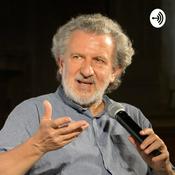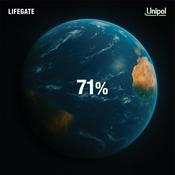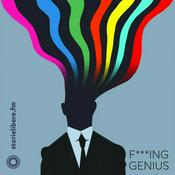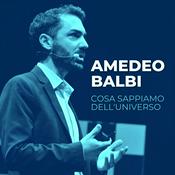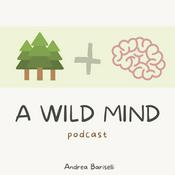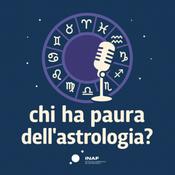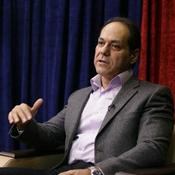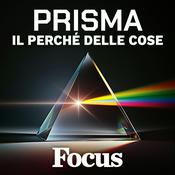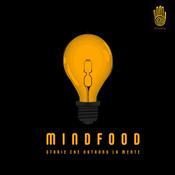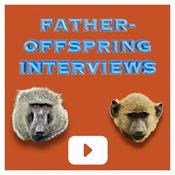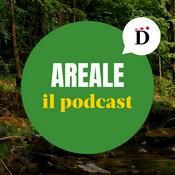26 episodi
- Most of the mass in the universe is invisible. We call it "Dark Matter", and the only reason we know it's there is because we can see how it gravitationally interacts with regular matter. For example, in our own galaxy, Dark Matter comprises most of the mass, in a large spherical "halo" that binds the smaller spiral of gas and stars that we can see. As all our stars orbit the Milky Way, they are passing through a sea of dark matter, and this should create observable consequences that allow us to test theories about the nature of dark matter itself. Dr. Gurtina Besla develops large-scale computer simulations of the Milky Way to compute these observational signatures, allowing us to put our theories of dark matter to the test inside our own galaxy.
- How did our solar system form? More generally, how does any solar system form? We get some of our answers to these questions by looking at newly-forming planetary systems in the first million years of their lives. But getting a complete picture also requires a lot of theoretical work, understanding each stage of solar system formation, which often entails big computational models of the early solar system. Dr. Kaitlin Kratter is a leader in the practice of building these big models and using them to improve our understanding of how the planets first formed.
- A white dwarf star is the compact, dense remnant of a once-thriving solar system. Long after the original star has died and turned into a white dwarf, it can still interact with its solar system. We can even see white dwarfs eating up the rocky debris that once made up their solar system, and apparently making sense of all of this requires a detailed understanding of how convection works in these dead stellar remnants.
- How did the planets form? What was going on in the first few brief million years of our solar system? And how did it impact what we see in our solar system today? Dr. Merel van 't Hoff takes us on a journey through astrochemistry to understand the planetary wombs that house solar systems in their prenatal years.
Altri podcast di Scienze
Podcast di tendenza in Scienze
Su The Astrophysics Podcast
Once a month, Purdue University's Professor Paul Duffell discusses astronomy and astrophysics with experts from around the world. Duffell and guests discuss supernovae, galaxies, planets, black holes, and the nature of space and time.Supported by the National Science Foundation under grant AAG-2206299.Music by Brittain Ashford.Produced in beautiful Lafayette, Indiana by Paul Duffell.Follow us on BlueSky!
Sito web del podcastAscolta The Astrophysics Podcast, Il futuro è già qui e molti altri podcast da tutto il mondo con l’applicazione di radio.it

Scarica l'app gratuita radio.it
- Salva le radio e i podcast favoriti
- Streaming via Wi-Fi o Bluetooth
- Supporta Carplay & Android Auto
- Molte altre funzioni dell'app
Scarica l'app gratuita radio.it
- Salva le radio e i podcast favoriti
- Streaming via Wi-Fi o Bluetooth
- Supporta Carplay & Android Auto
- Molte altre funzioni dell'app


The Astrophysics Podcast
Scansione il codice,
scarica l'app,
ascolta.
scarica l'app,
ascolta.




